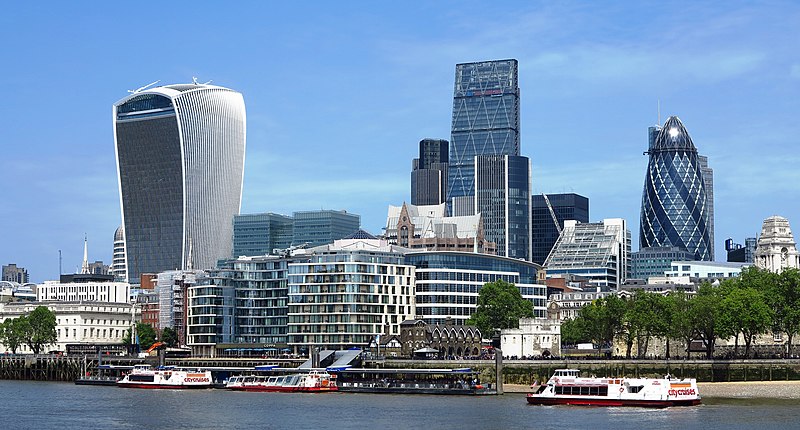
London has emerged as the best-performing region in the UK in terms of economic growth, with the smallest impact from the coronavirus pandemic, according to data that underscores the
challenge faced by the government in addressing regional disparities.
The Office for National Statistics revealed that London's output grew by 0.9% between the second and third quarters of last year, in stark contrast to the national contraction of 0.1%. During the same period, Wales and Scotland experienced contractions of 2% and 0.3%, respectively, while growth remained flat in Northern Ireland and England, where London outperformed other areas.
In comparison, the East Midlands suffered a significant decline of 1.6%, making it the worst-performing English region.
Susannah Streeter, senior investment analyst at Hargreaves Lansdown, noted, "London has kept the UK economy ticking over, and growth in the capital has been masking a disappointing performance across much of the rest of the UK."
"Levelling up," which aims to address regional inequalities, was a central theme of the Conservative Party's 2019 election campaign. Levelling Up Secretary Michael Gove published a white paper last year outlining strategies to tackle the issue.
However, Streeter argued that the initial round of levelling up policies "clearly failed to make much of an impact on moving the economic dial much for regions in need, with London still appearing to be the magnet for investment."
London, as the wealthiest region in the country, also outperformed other regions in terms of recovery compared to pre-pandemic levels. While the UK as a whole has yet to reach its fourth-quarter 2019 output level, London's output was 4.4% higher. In contrast, the Midlands and the East of England were still more than 2% below their pre-pandemic levels.
Krishan Shah, economist at the think-tank Resolution Foundation, stated that the figures for London were "defying pandemic predictions of the death of cities."
The data from the ONS revealed that London's economy, relative to pre-pandemic levels, benefited from robust growth in information, communication, and financial services, which constitute a larger proportion of the capital's output compared to other regions. However, sectors such as construction, real estate, and manufacturing still lagged behind pre-pandemic levels.
Richard Holt, director of global cities research at consultancy firm Oxford Economics, explained that the stronger performance of London is largely attributed to growth in sectors where the city has a competitive advantage, such as professional services and digital, as well as its lower reliance on manufacturing.
Holt predicted that London would continue to experience stronger growth compared to other regions in 2023.
The Department for Levelling Up, Housing, and Communities did not provide an immediate comment in response to the data. Photo by Philippe Salgarolo, Wikimedia commons.




































